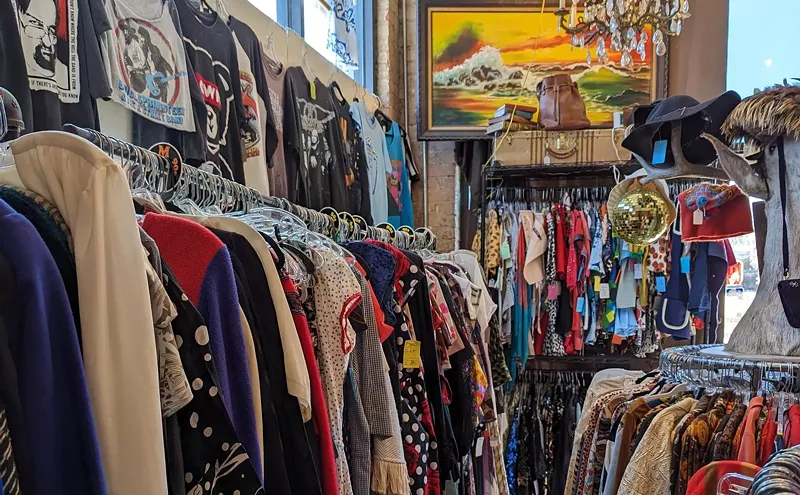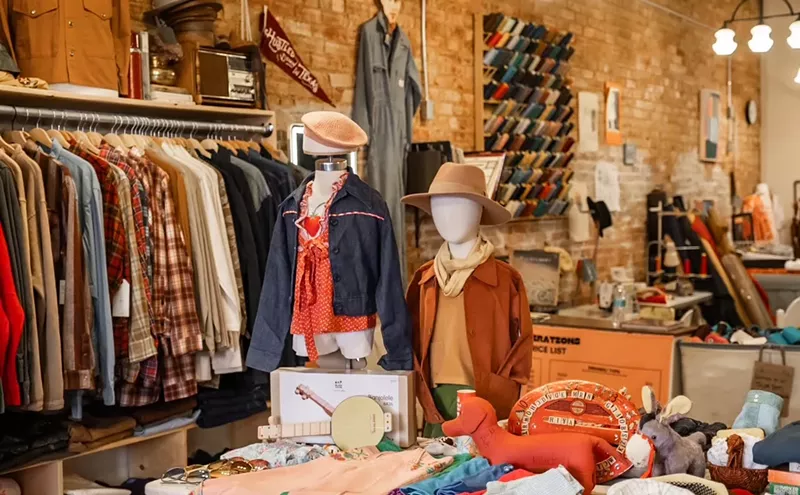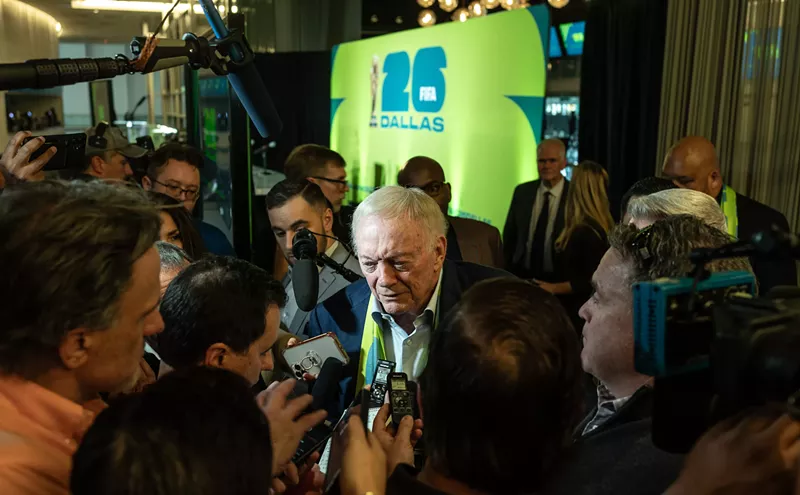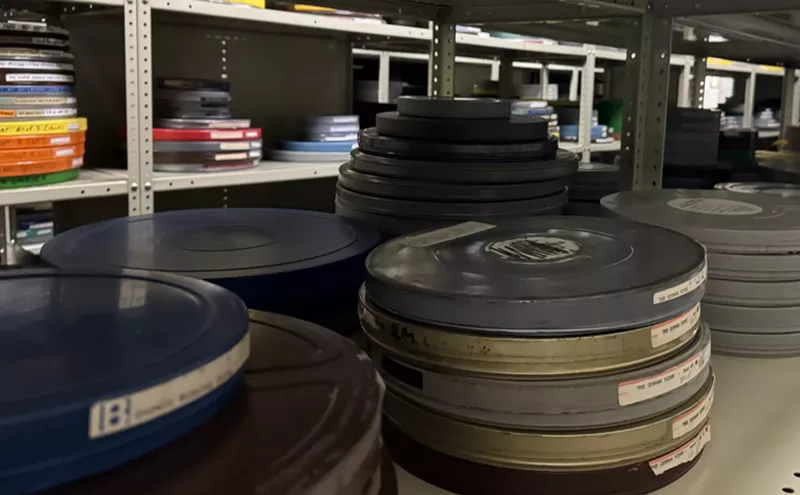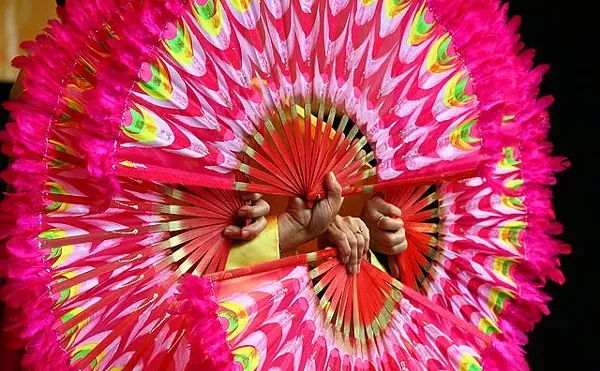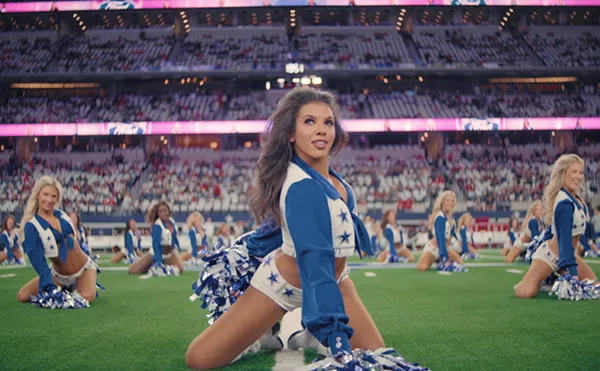There might not be a more appropriately titled show on television right now than The Circus: Inside the Greatest Political Show on Earth, Showtime’s new weekly documentary series where two reporters and a political strategist follow the presidential candidates on the campaign trail.
The show’s resident strategist, Mark McKinnon, the man behind the marketing and messaging for George W. Bush’s two successful presidential runs, as well as an advisor to many other notable politicians ranging from Charlie Wilson and Ann Richards to John McCain, quickly accepts that he and the rest of the crew are “really lucky” to have chosen this year to film such a show.
McKinnon, a native Texan and University of Texas alum, has relished his time away from the inside of the “human microwave” that is a national political campaign, as he helps “pull back the curtain” for millions of potential voters who, he says, haven’t ever had a real chance to see how exhausting of a process the campaign trail plays host to every four years.
On Tuesday night, the Stetson-donning, Triathlon-running McKinnon will serve as moderator and panelist for "Engage: Inside Elections – A Look Into Campaign Management and Advertising" at the George W. Bush Presidential Center. We caught up with McKinnon early one recent morning, when he was in the Pacific Northwest with Hillary Clinton’s campaign, and discussed the evolution of social media on the trail, attack ads and a certain reality television star currently dominating in the wildest show we’ve seen in some time.
When compared to your experience in national politics, is this current presidential election really as unique as it seems to be?
Without question it is. We’ve thrown conventional wisdom out the window and the rulebook has been completely rewritten because we really haven’t ever seen anything like this before.
Such uncharted territory must be challenging for even this current group of rather experienced campaign managers and strategists.
[Laughing] Well, campaigns mostly look to the past to see what works, right? They use historical examples to see who won and why. The campaigns that are winning now are looking ahead and creating their own rules. If you would’ve asked 100 political consultants a year ago who they thought would be the Republican nominee, I know that none of them would’ve predicted it would be Donald Trump.
Twitter and Facebook are more impactful than ever before. How has the role of social media evolved since your days with George W. Bush in 2000 and 2004?
I’ll tell you how much things have changed; I remember in the 2000 race, we didn’t have BlackBerrys, but Al Gore’s campaign did, and that’s how he got the message to not give his concession speech on election night. You jump from that, to a candidate who is completely dominating this cycle through Twitter, and even how paid media advertising is almost meaningless now. You know the role of traditional paid ads on television has been greatly diminished when the guy who spent the most on paid advertising, Jeb Bush, received basically no return on that, while the guy who has easily spent the least amount on paid media has won the most attention by utilizing Twitter and free media.
"Paid media advertising is almost meaningless now."
tweet this
Bernie Sanders has certainly been an example of a candidate seeing a boost from social media support.
Definitely, and a great thing about the role of social media in campaigns now is how it lowers the barriers to access. Not only for getting a message out, but for raising money. It does mean that a Bernie Sanders or a Donald Trump can come out of nowhere, even if you are a Jewish socialist from Vermont or a guy that’s never run for office before and get onto the playing field. If you’re entrepreneurial and smart, or in the case of Trump, you can facilitate and manipulate social media in new ways, you cannot only play, but you can dominate.
Attack ads and negative campaigning aren’t going out of style, even though it’s often nice to hear about a candidate claiming to run an issue-focused campaign without getting nasty. Is it human nature for the voters to enjoy a negative campaign?
It’s not just human nature; unfortunately, it’s just what works. This year will definitely keep getting more ugly, too. I’ve studied political campaigns going back a good ways, even back into the 1950s where I looked at the evolution of paid advertising, and negative ads have been around at least since then in some form. I always think it’s quaint when a reporter thinks negative campaigning is a relatively new thing. I tell them to go back and take a look at LBJ’s “daisy” ad and call me back afterwards. That’s still the most negative ad I’ve ever seen. It’s about the information people will retain, and how people will likely respond more to a negative ad than to positive information. If you were going through 100 job applications and 99 of them were from Harvard or Yale graduates, and one of them was from the Huntsville correctional facility, that’s the one you’d probably remember, right?
The reports of violence and demonstrations, specifically at Trump rallies, have added to the overall negative tone of this year’s race. You have been all over the country with this year’s candidates filming The Circus. Is the violence and anger being reported by the media in an accurate manner, or is it being overblown?
I do think the media can overblow those kinds of things. For the most part, these rallies from all of the candidates have been business-as-usual, but the violent instances do overshadow other aspects that aren’t as attention grabbing. There is an anger and a tension in the electorate that’s real and that we haven’t seen before, though.
Who are the best campaigners you have seen in your years in national politics?
George W. Bush and Bill Clinton, no question. They both have a pure love and joy for connecting with people. They share a quality where, no matter what you think of their politics, if you are one-on-one in a room with either of them, you’d be a fan in 30 seconds. They’re both real, authentic and genuinely lovely people. Those two might have the best retail skills in American political history. The ability to connect, if you can’t have anything else, is the most important quality of a candidate’s campaign.
The Circus literally goes behind the scenes of the rallies and made for TV events that give most citizens the only version of the candidates we will get and manages to show us more casual, unvarnished looks into life on the trail. What have you enjoyed about being on this side of the election?
I am excited to pull the curtain back on what happens on the campaign trail, because these are things not often seen or understood by most people because they see so little of what goes into a national campaign. It’s an interesting world that’s dramatic, human and filled with humor, pain and joy and an ecosystem of characters that tirelessly work. I don’t think people understand how noble of a process a presidential campaign really is.
Engage: Inside Elections – A Look
Into Campaign Management and Advertising is Tuesday night at 6:30 pm at the
George W. Bush Presidential Center. Tickets are $30 and $45. www.bushcenter.org.



